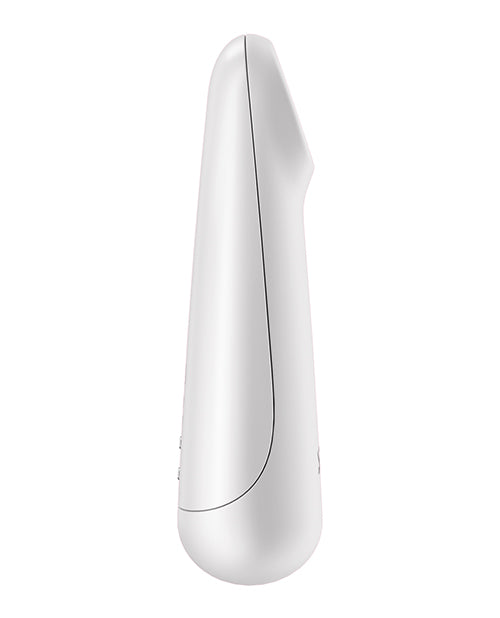Breaking Down the Price Tag: Where Your Money Really Goes
Most new buyers think factories just mold silicone and ship products. Wrong. Material waste eats 22% of budgets—here’s the real breakdown:
Silicone overordering: 40% excess common in small factories Failed prototypes: 1 in 3 designs get scrapped Storage fees: Unused molds cost $80/month per cubic meterThe Hidden Playbook: How Factories Source Cheap Yet Safe Materials
Q
: Can factories really use food-grade silicone to save cash?
A: Yes, but with caveats. Smart workshops blend materials: 60% medical silicone (for genital/face zones) 30% food-grade filler (limbs/torso) 10% recycled TPE (internal skeletons)This cocktail cuts costs by $150/unit without violating EU/US safety laws.
Production Line Secrets: From 90 Days to 30 Days
Ever wonder why some factories deliver faster? They outsource mold cleaning (saves 8 days) and use:
3D-printed prototypes (200vs.1,200 hand-sculpted) AI defect detection (catches 93% of flaws pre-shipment) Modular assembly (workers specialize in 1 body part)Legal Landmines: 4 Ways Factories Get Sued
A Guangzhou workshop lost $220,000 last year over:
Copyrighted face designs (even “inspired” looks are risky) Underpaid overtime (56% factories fail labor audits) Tax loopholes (fake “art sculpture” export claims) Supplier kickbacks (material quality bait-and-switch)The Dirty Truth About “Custom” Orders
That $8,000 “fully personalized” doll? Its parts come from:
Shared eye banks (same iris designs for 50+ clients) Standardized voice modules (only 8 accent options exist) Recycled wigs (from unsold inventory dipped in dye)Future-Proofing: Factories Betting on These Techs
Forward-thinking plants now invest in:
Blockchain material tracking (cuts supplier fraud by 67%) Solar-powered curing ovens (saves $12,000/year in energy) AI-generated NSFW content (for “training” dolls without human actors)The sex doll industry mirrors smartphone manufacturing 20 years ago—ruthless cost-cutting masked as innovation. While some factories now achieve 72-hour deliveries through borderline exploitative practices, the real winners are engineers repurposing medical 3D scanning tech. My prediction? Prices will drop 25% in 5 years as sex robotics overtake basic dolls.
